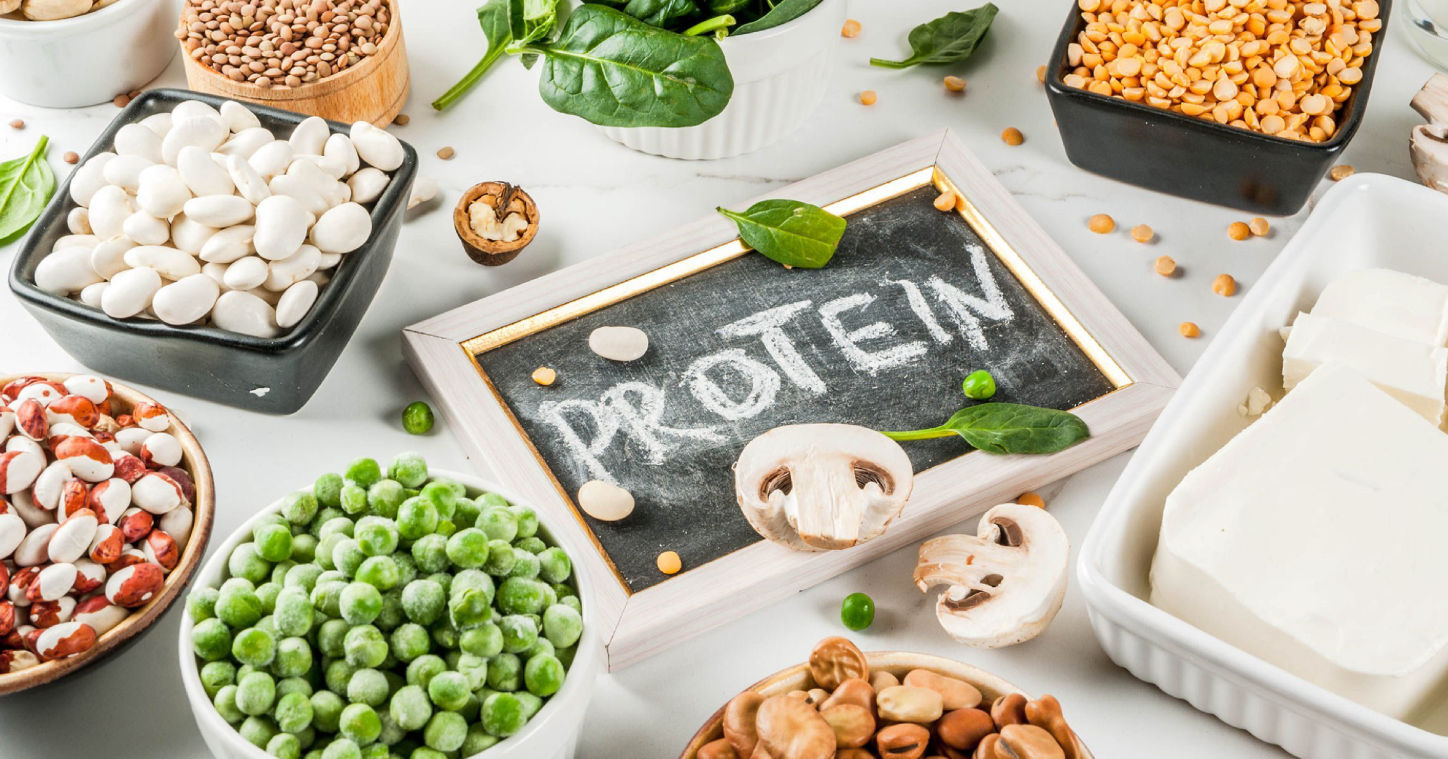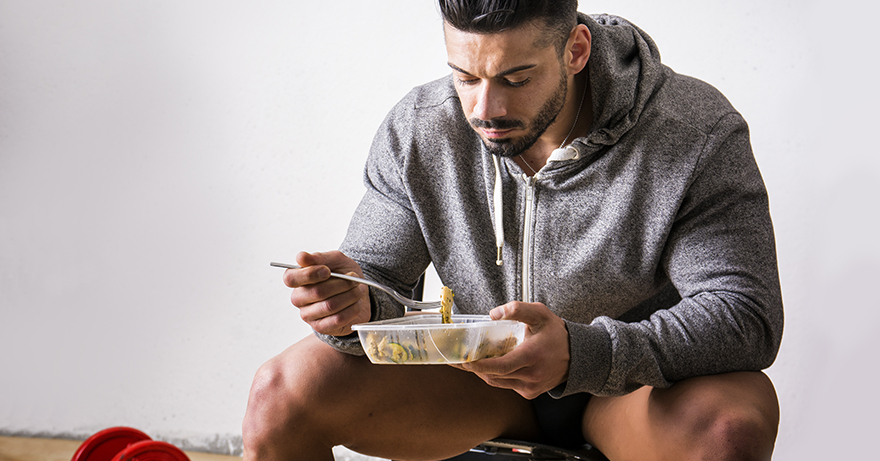Seven Protein Powerhouse Foods that are Plant-Based!

1. Tofu
Tofu is probably the first food you think of when someone mentions a vegetarian diet. And with good reason! Tofu can be seasoned to take like just about any food, so it can be put it any dish. You also get 10 grams of protein per 100 grams of tofu. Additionally, tofu is a good source of both iron and calcium, two critical nutrients that are often lacking in a vegetarian diet.
2. Edamame
Edamame is having a moment. These immature soybeans are delicious. They can be eaten on their own or thrown into dishes for added flavor, crunch, and protein. 100 grams of edamame contains about 11 grams of protein and also has fiber, folate, and vitamin K.
3. Soy Beans
Soy Beans are mature edamame. They are also the main ingredient of tofu! When you eat these beans, you are getting a whole protein, which means it has all of the amino acids necessary. This makes it an excellent choice for vegans. 100 grams of soybeans gives you 17 grams of protein. We highly recommend always purchasing non-GMO soybeans, edamame, and tofu!
4. Chickpeas
Chickpeas are popular to use as hummus, but you can also eat these legumes in a variety of dishes, especially soups and chilis. Chickpeas are a great source of fiber, and they also provide 9 grams of protein in a 100-gram serving.
5. Lentils
Lentils are another great plant-based source of protein. 100 grams of lentils have a whopping 20 grams of protein and also provides you with iron, zinc, and folate. Lentils can be eaten on their own, but they taste best in soups and mixed with root vegetables.
6. Teff
You may have never heard of teff. It's an ancient grain that provides manganese, magnesium, phosphorus, zinc, fiber, and B vitamins. It also has 4 grams of protein per 100 gram servings. This versatile grain can be used in a variety of dishes that require flour. Substitute teff in for extra protein and whole grains.
7. Seitan
We've saved the best for last! If you want to get as much protein as possible from a plant-based source, then consider eating seitan. This meat-like food has 25 grams of protein in 100 grams. It's also a great source of selenium, an antioxidant that reduces inflammation and repairs cell damage caused by oxidative stress.
It's imperative to get plenty of protein in your diet, so make sure you eat these foods if you are a vegan or vegetarian. If you already eat meat but are looking to eat more plant-based foods, then these are excellent foods to add to your diet! Not only do they provide protein, but they also give you lots of other nutrients to help your body function at its best.
Also in Featured Articles

Cross Training Improves Fitness and Reduces Injury
You may be in great shape, for the sort of exercise you do routinely. But if that's all you do, day after day, you may be setting yourself up for injury or mental burnout, and that is not a good way to get fit. What can help prevent injury and burnout? Cross training.

7 Nutrition Hacks for Elite Performance You’ve Never Tried Before
As athletes progress toward higher levels of competition and training, nutrition plays a much bigger role in their ability to perform and recover. Aside from simply receiving adequate caloric intake, there are other roles nutrition plays and systems that it influences.

Exercise helps inhibit cancer - Breakthrough study reveals how
Exercise affects almost all tissues in the body, and scientists have found that being physically active can reduce the risk of several types of cancer as well as improving outcomes for cancer patients.

